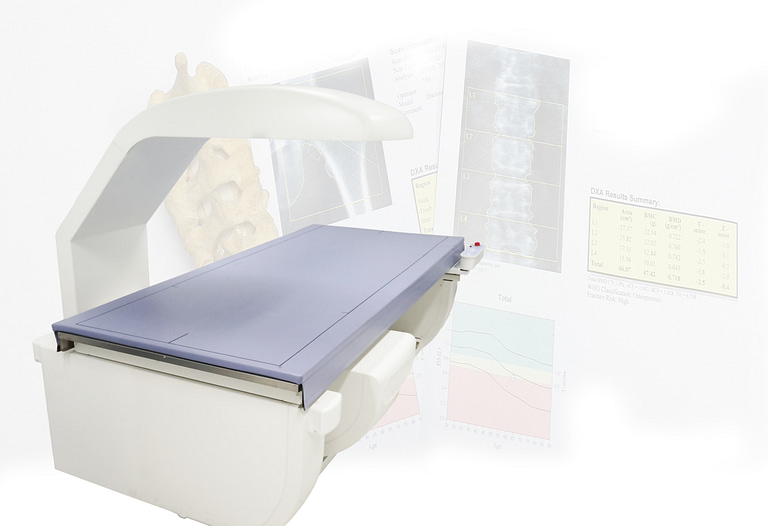
The Robotic Orthopaedic Institute participates in the MIPS program and is benchmarked against other similar clinicians reporting data to MIPS, which measures performance across 4 areas – quality, quality improvement activities, promotion of interoperability, and costs.
We already document all patient surgical preparation activities around the process and environment of care, managing your other conditions in the context of your planned surgery – including lab and other diagnostic testing orders, imaging prior to surgery and after to check technical outcomes, using a certified electronic medical records system, and costs.
Costs related to your surgery include all the normal costs, but also take into consideration unanticipated complications. Not all complications are surgeon or facility error. We tell patients, “don’t swim or take “baths” until you receive all clear to do so, but people do and then get an infection from the tub, the water, or something else. We take every precaution to prevent falls, but then people get up to the bathroom and don’t turn on a light and fall anyway – causing serious complications in the early days of recovery. These are not our responsibility but things happen.
Another thing that goes against us is if you have a car accident, or have a heart attack, or suffer some other injury or illness unrelated to your surgery and are taken to the emergency department or admitted to hospital “for any reason” within the first 30 days. All those costs are then calculated against our surgery outcomes – regardless of if it seems fair or not. You could be walking on a sidewalk or stepping off a curb and twist your ankle – yup – it counts.
Many of the forms we ask you to complete are part of the exhaustive documentation process that we must follow to participate as a Medicare provider. They don’t just get scanned into your chart and forgotten. We review these prior to your appointments, again when doing the final preparations for surgery, and finally as part of the required periodic reporting.
If we score within a certain percentage, Medicare pays a bonus of “up to” 2%. Many practices don’t earn it. In orthopaedics, few even try. But more than any bonus, it differentiates the quality of care we provide to our patients.
Below please find the citation of reference upon which Medicare has based the addition of the DEXA Scan to MIPS qualifiers:
https://www.ncbi.nlm.nih.gov/pmc/articles/PMC9364193/#bibr3-21514593221116413
Anyone who meets the following criteria should get a DXA test if they have not had one in the previous 24 months or more recently if they have already been diagnosed with osteoporosis.
1. All post menopausal women having joint replacement or other orthopaedic surgery surgery
2. Men aged 50 and older having joint replacement surgery or other orthopaedic surgery surgery
3. Adults with a history of fragility fracture (fracture with little or no trauma, such as a fall from standing height)
4. Adults with a disease or condition associated with low bone mass or bone loss – (e.g., adults taking medications associated with low bone mass or bone loss – As examples, heparin, warfarin, cyclosporine, glucocorticoids, medroxyprogesterone acetate, cancer drugs, and thyroid hormone can cause bone loss, whereas thiazide diuretics (HCTZ) can minimize bone loss)
5. Adults with lifestyle factors that lead to bone loss, such as smoking and excessive alcohol intake and prolonged sitting or bedrest.
6. Women during the menopausal transition and men younger than 50 with risk factors for low bone mass including low body weight and prior fracture
7. Women who have lost more than 1.5 inches and men who have lost more than two inches from their tallest height
So there you have it. If you have any questions about why we are ordering this test and why your other physicians may not have done so in the past, please understand that the criteria changes frequently as new scientific evidence is released and accepted. We’re always here during regular business hours to answer your call to explain anything we do.
We do not perform Dexa Scans in house or receive any payment for your DEXA scan expenses performed elsewhere or for referrals to other providers. This is strictly medical necessity by standard quality criteria. You are welcome to take our referral/prescription to any available provider. It should be covered by your insurance if you are insured unless your deductible has not yet been satisfied. Without insurance, typical costs nationwide are between $100-$300. The cost of a BodySpec Dexa is between $40 and $60, but unfortunately, this test does not provide the bone mineral density information needed for planning surgical treatment.
If you are covered by Medicare, the test is fully covered when reported as pre-operative testing and subject to part B deductible for the year and any copayment your Medicare Advantage plan may assess.
It may also be that as a Utah incorporated musculoskeletal institute, the word “Institute” is a regulated term in the naming of companies, and requires that we undertake research, educational, community benefit, and performance improvement activities. It comes with responsibilities we take seriously that other medical groups in the community have not agreed to undertake. This differentiates us in a positive way because we go the extra mile for our patient’s best interest in everything we do and everything we ask you to do.
